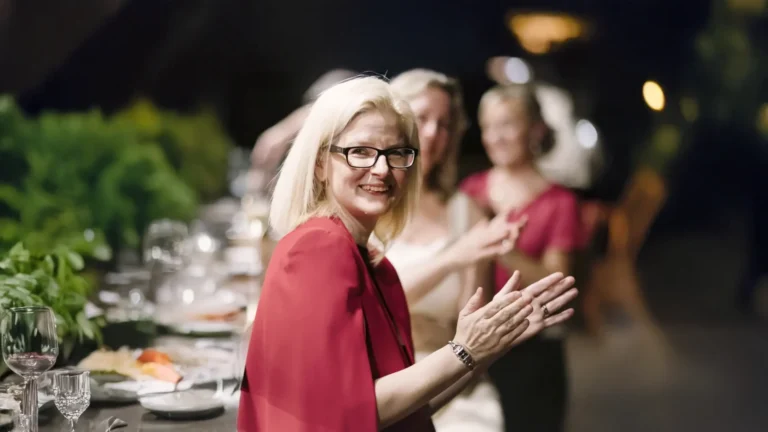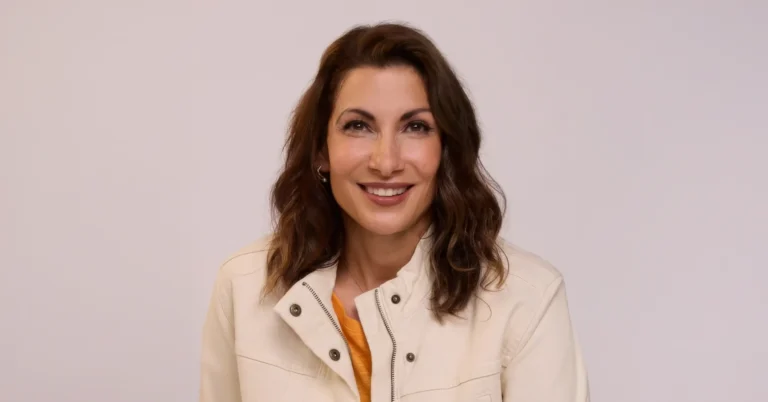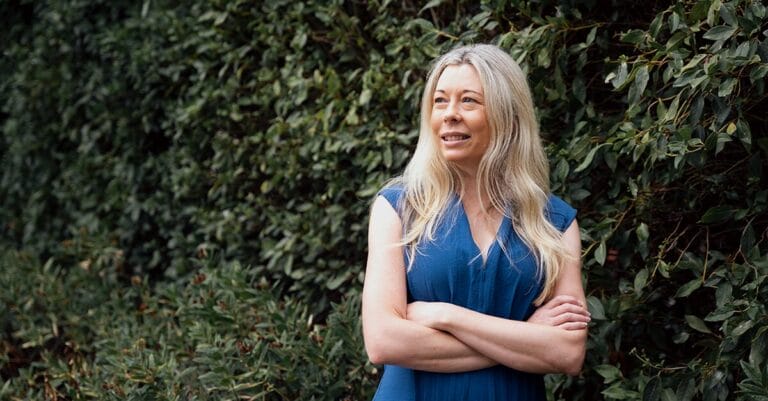

The technology generation is no joke. In the past twenty years, we have witnessed an evolution in real-time, a whole generation of people who grew up in the ether. Their brains are wired a little differently.
Research published by Western Governors University, Utah, shows that children who have grown up with technology as an extension of their hands have improved multitasking, problem-solving, and decision-making skills. For the legal profession, this means a new generation of legal brains that can process and deal with information much more quickly than their predecessors.
A survey by Pew Research Centre, Washington, posed this statement to the public in 2020: The brains of multitasking teens and young adults are “wired” differently from those over age thirty-five and overall this yields helpful results.
The survey-based this statement on the ability of young adults to multitask and cycle quickly through personal and work-related tasks. That they are learning more and are more adept at finding answers to deep questions is due to their ability to access collective intelligence and research on the internet. Fifty-five percent of respondents to the survey agreed with the statement.
Stephen Drysdale, In-house Legal at ZURU, believes this adaptability is a generational thing and he attributes it to the sensory overload of growing up in the late 1990s and early 2000s. The sheer level of information that young people are used to processing has effectively rewired their cognitive ability. Young adults are comfortable having conversations with multiple people across different social media platforms – messaging on Instagram whilst they take a WhatsApp call, and filtering through emails.
Drysdale says that in a work environment, “You’re getting hit with a hundred emails, a thousand messages, but you’re not bewildered by all that information, and you handle the notifications as they come through. It’s no different from getting a WhatsApp message or a phone call and having your Facebook Messenger go off. You can handle those things all at once because you’re used to it.”
The social aspect of technology is only half of the picture, however. Growing up with the internet has effectively provided young people with a constant database of information and a fine-tuned technological hand in sorting through the troves of data online. Gone are the days of poring through encyclopedias or agonizing over a lack of knowledge; today’s youth are comfortable knowing that the internet provides them with the ability to learn anything they desire.
Applying this to the workplace, and specifically to junior lawyers, calls for rewiring the way in which lawyers traditionally work. The current hierarchical operating structures of private practice, and to a lesser degree, in-house teams, do a disservice to juniors. They dip their toes into the practice of law and slowly wade their way deeper until they are an associate partner and can swim on their own. Whilst this structure provides a security blanket – everything a junior does is checked by three to four other individuals which mean mistakes can be easily rectified and a junior doesn’t get in over their head – there is a downside. They are not given enough opportunity to stretch themselves and find out where their potential really lies.
Many junior lawyers possess untapped potential despite their youth; they have the ability to take on a lot more responsibility than they’re often given. Drysdale is a good example. He says when he joined ZURU as a graduate, he was “thrown in the deep end, without supervision or limited supervision” as the fast-paced and ephemeral nature of ZURU’s business did not allow time for mollycoddling. Drysdale is now twenty-five years old and Head of Corporate, Commercial & IP for ZURU Toys, ZURU Edge, ZURU Health, and ZURU Tech, and Head of Regulatory & Compliance for ZURU Health.
Technology has become the greatest multitasking enabler of modern times. The instantaneous access to information and forms of communication that it provides enables us to quickly switch from one task to the next. Recognizing and harnessing the way in which it has changed young minds could provide a huge win for legal teams.


